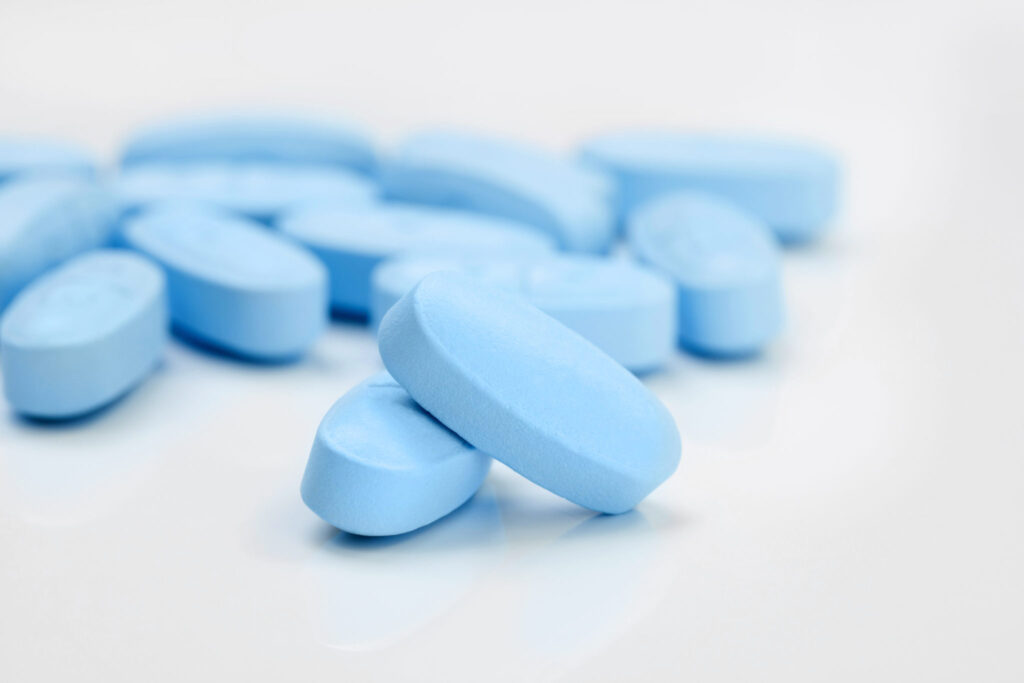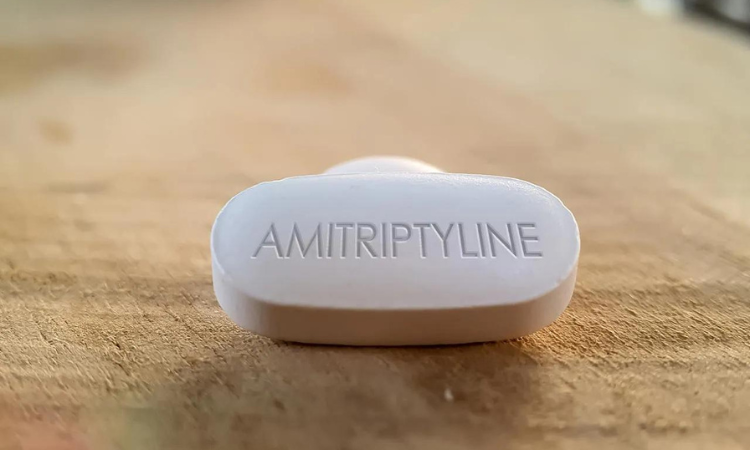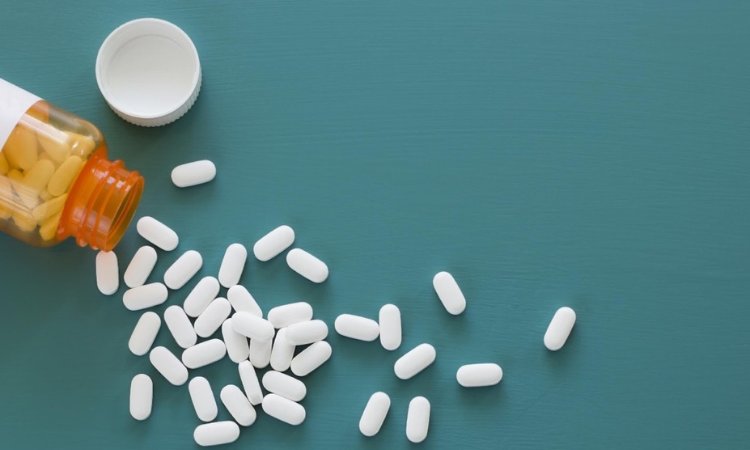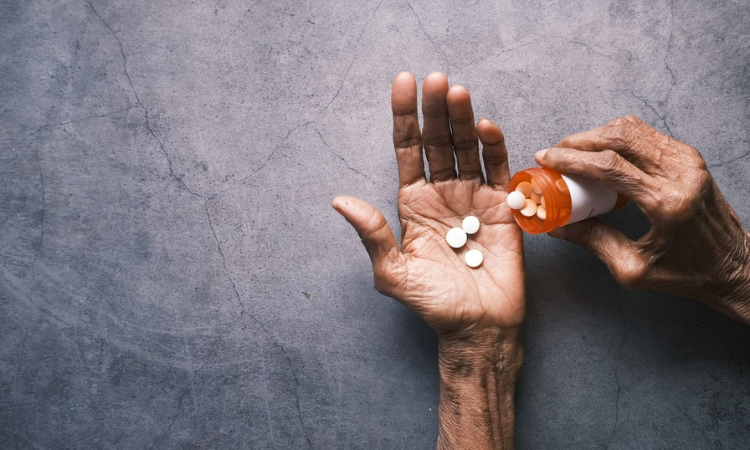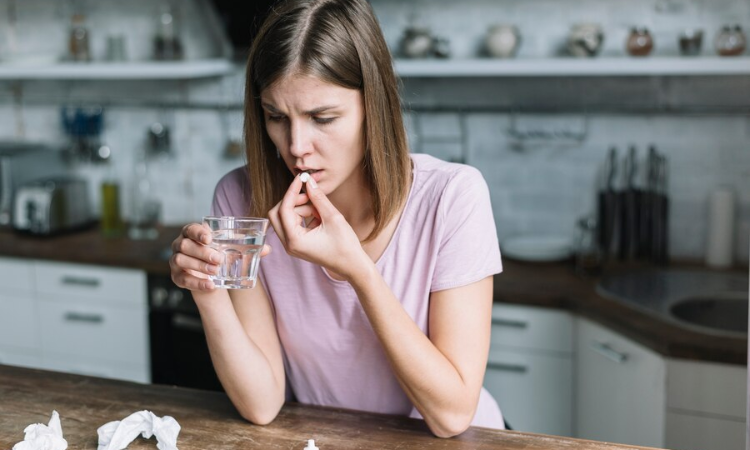What is outpatient treatment? When people think about addiction rehab, they often envision inpatient treatment centers where those seeking help with their addiction spend time away from home while healing. This type of treatment setting is not for everyone, and many seek alternate treatment program options that do not involve a residential component. There are situations where outpatient treatment programs can provide a successful treatment and recovery option for those struggling with a variety of addictions.
Defining Outpatient Rehab
Unlike an inpatient program, which requires people to move into a facility for a specific period (typically 30 to 90 days), an outpatient program allows people to stay home and, in their communities, while they work on their addiction challenges. Some outpatient programs have a set schedule, in which people who enroll are expected to appear in groups with other members of the program. These times cannot be varied or changed, which promotes accountability by participants. Other programs may have appointment-based systems that could accommodate issues such as work or childcare.
Outpatient programs are often considered a less intense form of addiction care. There is no around-the-clock supervision involved with these programs, and often no clinicians are available when a crisis hits off hours. As a result, these programs are usually recommended for new addiction cases and those in good mental health.
Benefits of Outpatient Rehab
- Flexibility – Outpatient treatment allows individuals to continue their daily activities while receiving care. This flexibility is particularly beneficial for working professionals and those with family obligations.
- Privacy – Since outpatient treatment doesn’t require an overnight stay, it can be more discreet, allowing individuals to maintain their privacy.
- Support system – Outpatient treatment enables individuals to stay connected with their loved ones, which can be a significant source of support during recovery.
- Individualized care: – At Relevance Recovery, we understand that each person’s journey to recovery is unique. Our outpatient programs are tailored to meet the specific needs of each patient.
- Dual diagnosis treatment – Our center emphasizes dual diagnosis treatment, addressing addiction and any co-existing mental health disorders. This comprehensive approach increases the chance of long-term recovery.
Whether you’re a board-certified professional with a primary diagnosis of substance use disorder (SUD) or an individual struggling with co-occurring mental health conditions, we’re here to help. Our outpatient programs include a range of therapies, detox services, and specialized treatment options like transcranial magnetic stimulation (TMS) therapy. We also offer 12-step and holistic therapy programs to cater to various needs and preferences.
Outpatient Rehab vs. Inpatient: What’s the Difference?
Addiction treatment programs typically fall into two categories: inpatient and outpatient treatment. But how are they different? While each has its benefits, the decision about which treatment is needed should be based on the patient’s individual needs at that time.
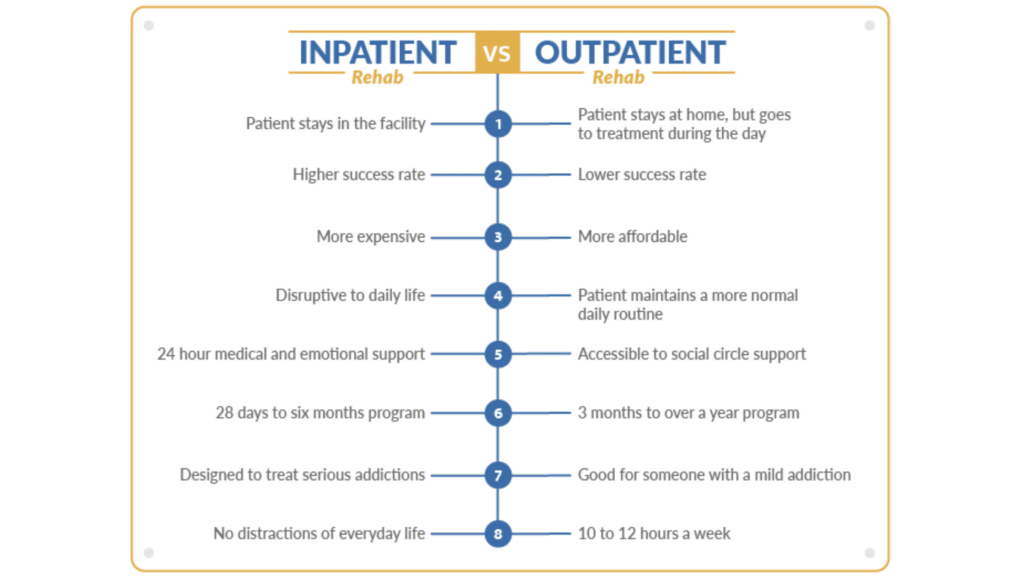
Inpatient Rehab
For most people struggling with addiction, detox at an inpatient rehab provides an excellent start to achieving sobriety and recovery. Inpatient rehab, also called residential treatment or residential rehab, requires the person to remain on-site at the treatment facility for the duration of their program. This arrangement gives a person complete focus on their treatment. It also provides the opportunity for medically assisted withdrawal from drugs and alcohol if needed.
At an inpatient rehab program, clients are provided with a structured environment designed to keep everyone focused on recovery. Immersive, evidence-based care concentrates on individual, group, and family therapies; all focused on promoting healing.
Outpatient Rehab
Outpatient is an excellent choice for people with substance abuse challenges that are milder, where they have not become physically dependent on substances, but realize they have a growing problem. Outpatient treatment is also an effective means for continuing treatment progress when transitioning from an inpatient facility. Most notably, outpatient treatment offers convenience and flexibility not available in inpatient settings.
Outpatient programs include a wide variety of options, including detox, individual therapy, group therapy, family therapy, and opportunities for alternative and holistic treatment options.
Sobriety Is Possible at Relevance Recovery
If you are ready to seek addiction treatment but aren’t sure which type of program is right for you, contact Relevance Recovery to learn more about how our outpatient treatment programs can help you achieve sobriety and lasting recovery!

